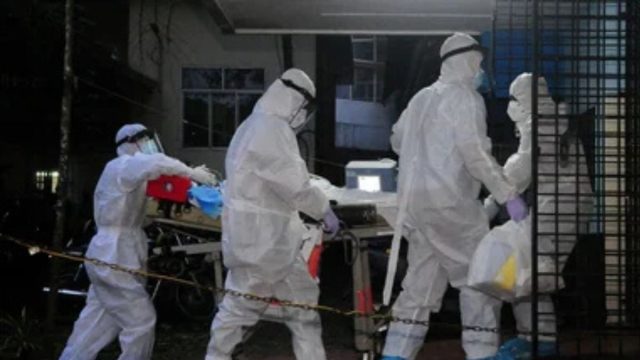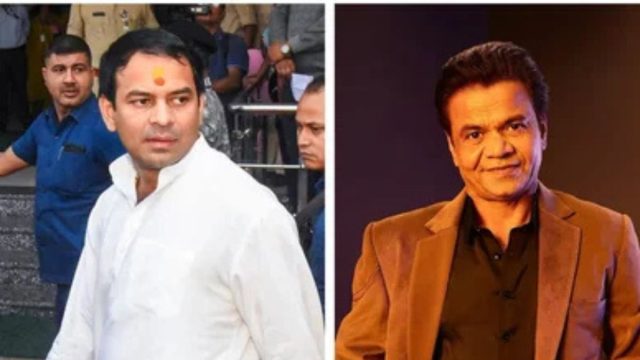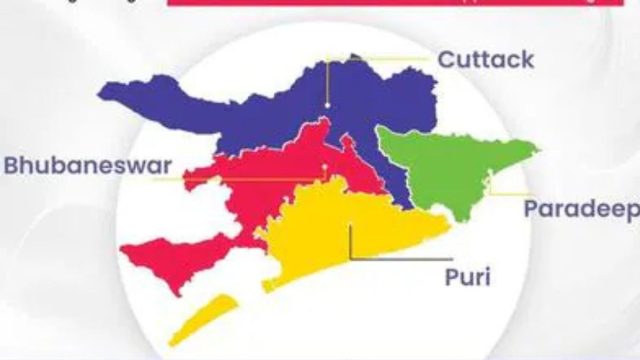The Supreme Court ruled on Tuesday that only attorneys who have applied for verification of their law degrees will be able to cast ballots in the nation’s long-delayed state bar council elections. The court also mandated that all councils complete polls in five phases, ending on April 30.
A bench headed by Chief Justice of India-designate Justice Surya Kant made a major intervention to address electoral delays and ongoing worries about phony degrees by placing the entire process under the supervision of powerful committees led by retired judges, with a national appellate panel whose rulings cannot be contested before any high court.
The panel, which also included Justices Ujjal Bhuyan and N Kotiswar Singh, established a stringent national timetable, requiring 16 State Bar Councils to complete elections in Phase I by January 31, Phase II by February 28, Phase III by March 15, Phase IV by March 31, and the last phase by April 30.
The Court stated that counting in Chhattisgarh, which is currently in progress, must be finished within a month, while Bihar’s procedure is now complete. Elections are not scheduled in Odisha, Madhya Pradesh, or Manipur. The bench stated unequivocally that no extension will be given in any situation, holding that years of delays have severely hampered the operation of bar councils.
It established powerful electoral committees for each region, led by retired high court judges, to oversee polling procedures and handle complaints in order to provide oversight. Above them, the court established a powerful national supervisory committee made up of a senior lawyer who does not run for office, a former Chief Justice of a high court, and a former Supreme Court judge. The bench emphasized that the decisions made by this appellate body are final and cannot be reviewed by any civil court or higher court.
The bench emphasized the necessity of bolstering the verification of law degrees in addition to the election schedule. The court stated that this process has been repeatedly postponed by bar councils but is crucial given the existence of fraudulent entries into the field. Verification, however, cannot be used as an excuse to postpone elections. The bench stated that verification must proceed concurrently, drawing a comparison with delimitation exercises.
Any lawyer who has applied for verification will be allowed to cast a ballot, but there will be repercussions if the degree is subsequently determined to be false. All law schools and departments have been instructed to assign special teams led by senior faculty to verify degrees sent by state bar councils in order to speed up the process. These teams may charge fees in accordance with regulations.
In order to stop further drift, the Court also set deadlines for every phase of the election process. The powerful committees will oversee the counting process. To prevent redundancy, the supervisory authorities may waive requirements where any phase has already been finished.
The bench provided a brief window for lawyers who voiced complaints during the hearing to contact the newly formed election committees, recording the Bar Council of India’s pledge of complete cooperation. However, it left no room for doubt: state bar council elections, some of which have been on hold for almost ten years, must now take place on time and under judicial control, with the electoral rolls of the profession firmly linked to the protracted degree verification process.




